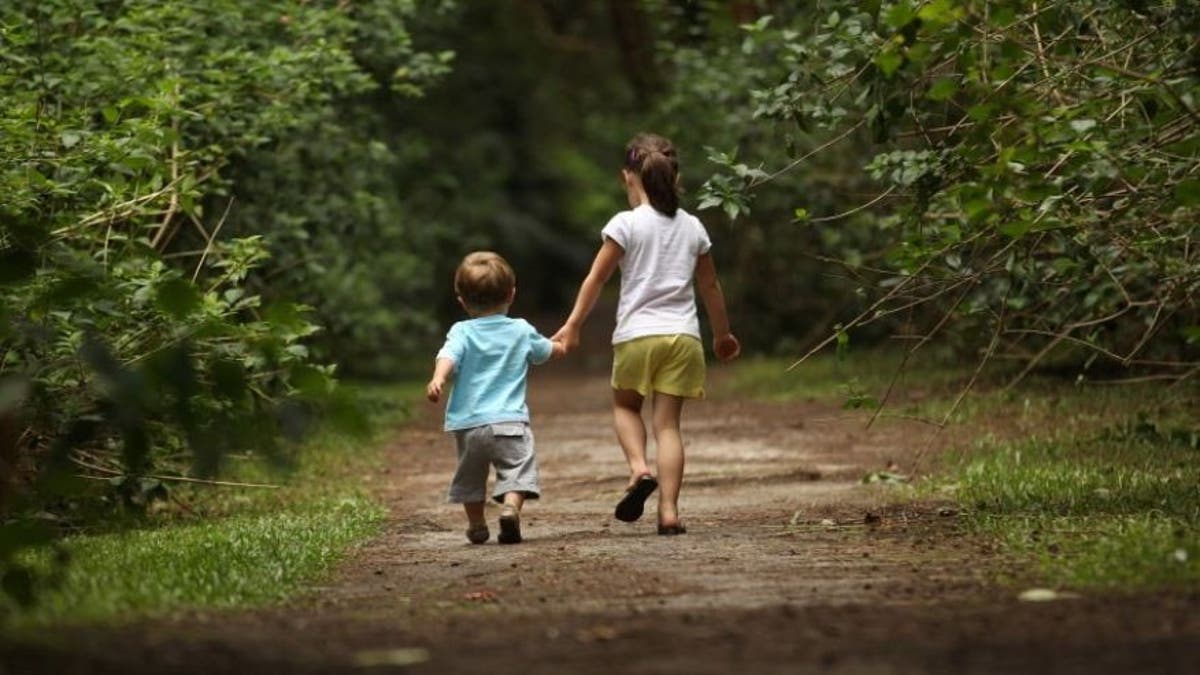
Growing up with a sibling of the opposite sex may give both siblings greater confidence in their ability to form healthy, romantic relationships with others, compared with those who have same-sex siblings, suggests a study in the Journal of Youth and Adolescence.
The study found that opposite-sex siblings saw themselves as increasingly capable of attracting and interacting with the opposite sex during the period from early to late adolescence. But no significant changes in so-called perceived romantic competence were found in siblings of the same sex.
Having an opposite-sex sibling provides natural opportunities to practice relating to the opposite sex and learn important social skills that can be applied in other relationships, such as conflict resolution and emotional control, the researchers said. Siblings of different sexes may have a better idea of how challenging interactions with the opposite sex can be, whereas same-sex siblings may be unaware of how little they know, the study suggests.
Researchers at Pennsylvania State University analyzed data from annual interviews over five years with 373 first- and second-born children from 190 families participating in a larger study. The siblings were four years apart in age or less, and ranged from 12 to 20 years old.
At each interview, siblings were asked about their perceived romantic competence—for example, if they felt they would be fun and interesting on a date and if others would find them attractive. Sexual behavior wasn’t assessed.
At age 12, perceived romantic competence was significantly greater among same-sex than opposite-sex siblings. But by age 20, opposite-sex siblings perceived themselves as significantly more skilled romantically. Perceived romantic competence was greater in mixed-sex siblings who shared their feelings and secrets with one another. Reducing sibling conflicts may have benefits beyond improving family harmony, the study suggests.
Caveat: The study included mainly heterosexual teens. Cultural differences may affect sibling dynamics, researchers said.








































